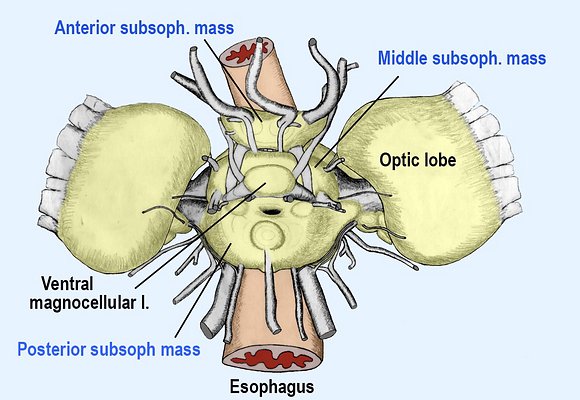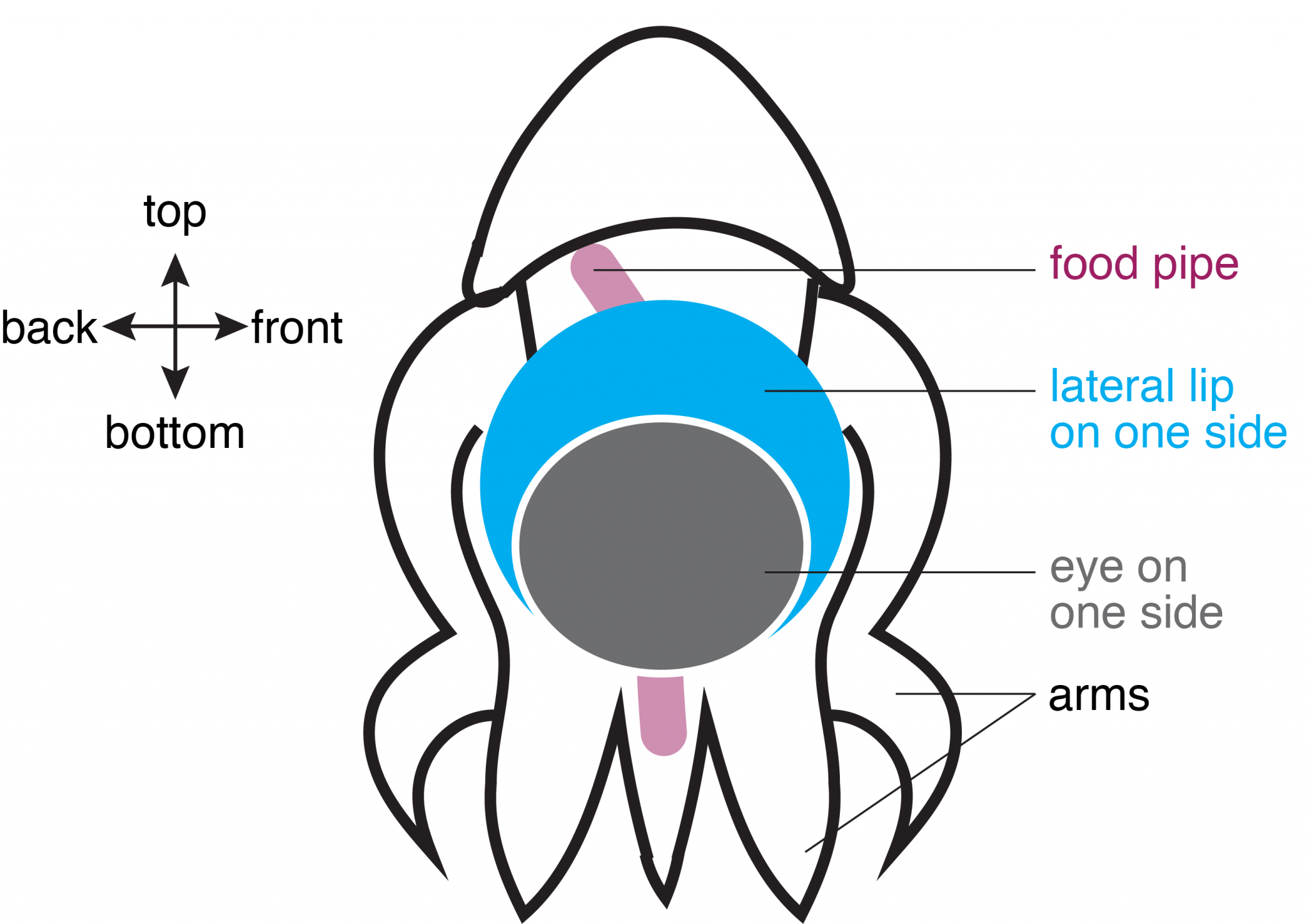

They were poorly funded, and their valiant efforts were held in check by notoriously uncooperative subjects and inadequate tools. But it has been hard to advance beyond Technicolor screenshots and jaw-dropping tales – what zoologist Michael Kuba at Okinawa Institute of Science and Technology (OIST) refers to as “YouTube science”.įor decades the number of octopus researchers could be counted on one hand. So how did evolution come up with this second genesis of intelligence or what film-maker Jacques Cousteau referred to as ‘soft intelligence’ back in the 1970s?Ĭousteau inspired many a researcher to try and find answers. “What I want to know is how large brains can be organised not following the vertebrate plan.” “They do things like clever animals even though they’re closely related to oysters,” says neuroscientist Clifton Ragsdale, at the University of Chicago. Using pixelated colours, texture and arm contortions, these body artists instantly melt into the seascape, only to reappear in a dazzling display to attract a mate or threaten a rival.Ĭredit: Steven Trainoff PhD / Getty Images Not to mention their ability to camouflage instantly on any of the diverse backgrounds they encounter on coral reefs or kelp forests. It’s just what these creatures need to coordinate the mind-boggling complexity of eight prehensile arms and hundreds of sensitive suckers, which provide the octopus with the equivalent of opposable thumbs (roboticists have been taking note). While the octopus has a large central brain in its head, it also has a unique network of smaller ‘brains’ within each of its arms. Some researchers who study the octopus and its smart cousins, the cuttlefish and squid, talk about a ‘second genesis of intelligence’ – a truly alien one that has little in common with the mammalian design. Problem solving, tool use, planning, personality: these are hallmarks of the complex, flexible intelligence that we associate with back-boned animals, mostly mammals. Keepers are inclined to give them names because of their personalities. Individuals have been reported to solve mazes, screw open child-proof medicine bottles and recognise individual people. As director Elfriede Kummer told The Telegraph, “Otto is constantly craving for attention and always comes up with new stunts… Once we saw him juggling hermit crabs in his tank”.Īnecdotes of the mischievous intelligence of octopuses abound. Apparently it annoyed him or maybe he was just bored.


He had crawled out of his tank and, using his siphon like a fire hose, aimed it at the overhead light. Sure enough the perpetrator was apprehended: Otto, a six-month-old octopus. So on the third night a couple of staff members kept vigil, taking turns to sleep on the floor. Each time they would reset the system only to find the same eerie silence greeting them the next morning. Two mornings in a row, they had arrived at work to find the aquarium eerily silent: the entire electrical system had shorted out. In 2008 the staff at Sea Star Aquarium in Coburg, Germany, had a mystery on their hands.


 0 kommentar(er)
0 kommentar(er)
